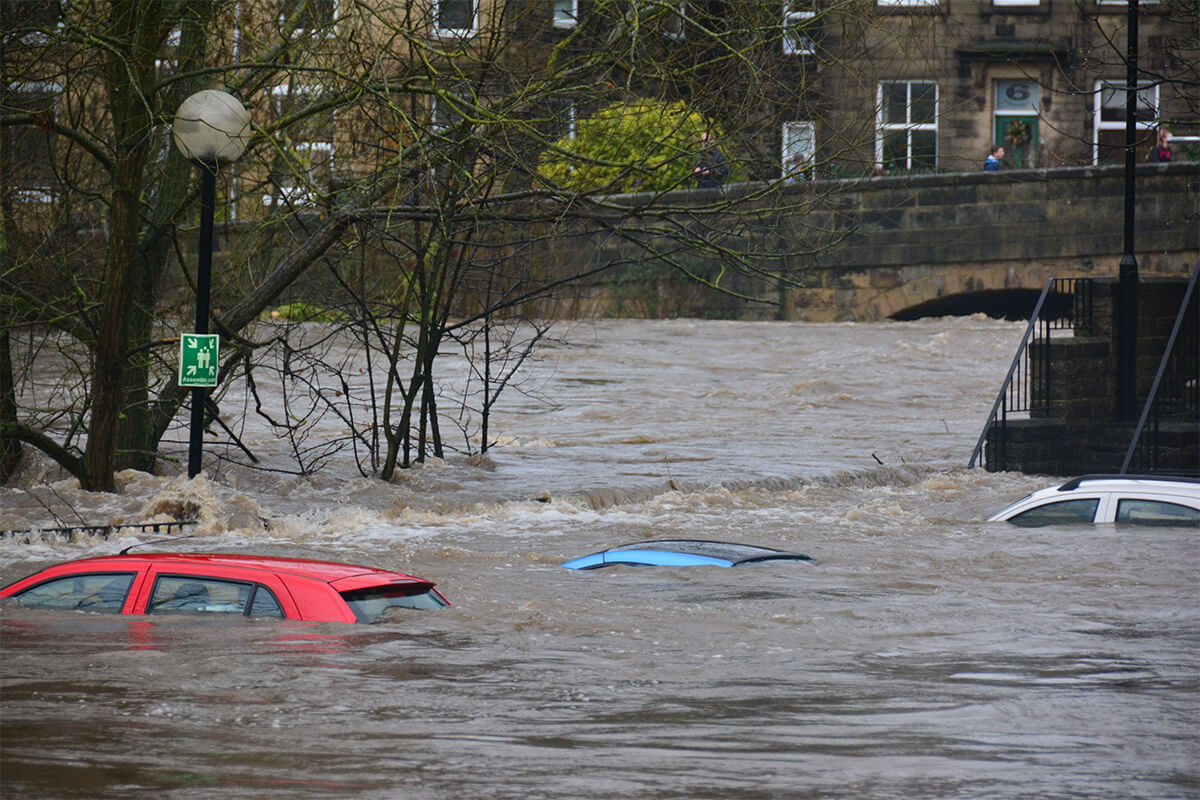To date, 65% of District, County, Unitary & Metropolitan Councils in the UK have declared a climate emergency, as well as eight combined authorities / city regions. This means that councils are recognising the need for urgent action to address the climate crisis to avoid a number of ‘tipping points’ that will cause irreversible damage to the planet.
Committed to urgent action at a local level
Each council that has declared a climate change emergency has produced a set of targets to cut carbon emissions. Some by 2050, but others have chosen to bring that forward to 2030. To try to achieve these goals, some of the plans include:
- Use renewable energy suppliers
- Build sustainable homes
- Insulate older existing properties better
- Decarbonise transport
- Plant more trees
- Switch to LED lighting
- Provide electric car hubs
If you have a project within a council district that has declared a Climate Change Emergency, we can help you to assist and support the council’s targets by providing you with real data for carbon-savings reporting. Through our award-winning ProjectDIVERT app, we can measure carbon savings so you can demonstrate that you are contributing to their targets. This also links directly with BREEAM reporting. Importantly, Encore Environment can help you to benchmark your carbon footprint, by recording waste data and therefore help you develop carbon saving targets.
One of the issues raised by the Electrical Contractors Association (ECA) in a survey published on 27 January 2020 is that almost half of local authorities in England do not know their carbon footprint, while 47% say they do not have a plan in place for reducing the carbon emissions resulting from their built assets. This means there has to be a huge push towards calculating carbon savings in order to meet the targets they have set.
Background to the movement
According to the UN Gap Emissions report 2019, Global carbon emissions, which are continually rising, need to fall 7.6% per year from now until 2030 to keep warming close to 1.5 degrees. If global warming continues at the rate it is, it will cause mass extinction and large parts of the planet will be uninhabitable through extreme temperatures, weather systems and loss of food sources. These are already being felt across the World.
In April 2019, it was reported that Jeremy Corbyn, leader of the Labour party, launched a bid to declare a national climate emergency and forced a vote in Parliament.
The declaration of an emergency was one of the key demands put to the Government by environmental activity group Extinction Rebellion in a series of protests. Extinction Rebellion is an international non-violent direct-action environmental group which has helped to press local councils to look at how they can respond to the UN’s Intergovernmental Panel on Climate Change (IPCC) report and the overwhelming scientific consensus present for many years.
Corbyn said to a group of climate change protestors in Parliament Square: “This can set off a wave of action from parliaments and governments around the globe.” And, it has done exactly that.
On the 1st May 2019, the UK Parliament followed the lead of Scotland, Wales and towns, cities and councils across the country who had already declared a climate change emergency, by approving a non-binding motion to declare an environment and climate emergency and called on the government to increase its ambition to adopt more ambitious targets for reaching net zero emissions. In June 2019, the UK became the first major economy to pass a net zero emissions law with a new target to bring all greenhouse gas emissions to net zero by 2050.
If you would like to find out more about how to calculate your carbon savings, please call Lianne on 01604 496987 or email: lianne@encore-environment.com


